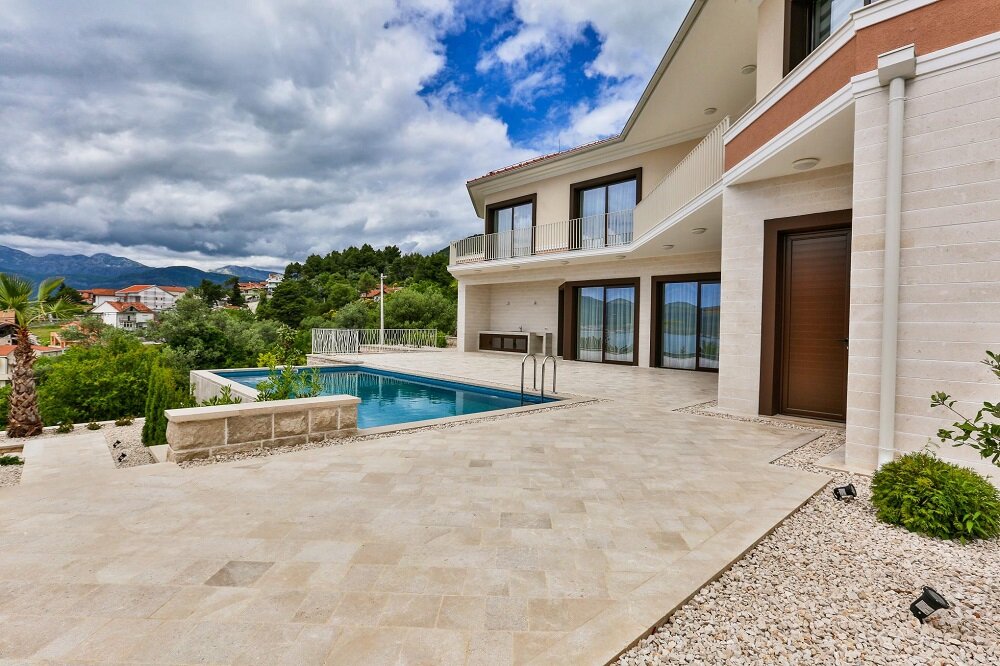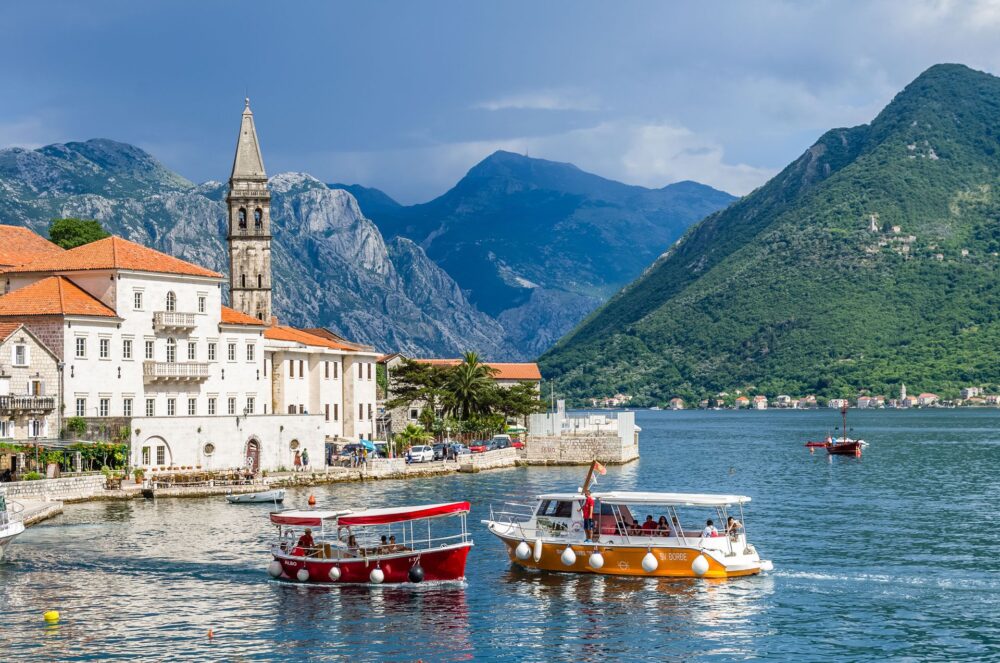The main myths about real estate investments often distort the real picture of the market, creating false expectations of easy profit and risk-free investments for potential investors. This is especially true for popular destinations like Montenegro, where advertising promises often exaggerate income stability and developer reliability. Debunking these myths in this article reveals effective strategies.
Guaranteed Income is a Myth
In practice, the income from real estate in Budva and Kotor ranges from 4% to 6% per year. In the low season, rental demand drops by up to 50%. Investment risks in real estate always persist. Sustained profits from property require maintenance, control, and promotion. Ignoring these tasks leads to losses.

Analysis is Not Mandatory — a Dangerous Misconception
Stereotypes push for hasty purchases. Mistakes occur without considering economics, prices, demand, and supply. In 2024, in Podgorica, supply exceeded demand by 15%, leading to a 7% decrease in rental rates. Sound analysis protects capital.
All Developers are Reliable Partners
Myths about real estate investments in Montenegro create an illusion of reliability. An experienced developer provides financial reports and properly executes contracts. A dishonest developer uses cheap materials, violates laws, and increases repair costs. Finances suffer without checking legal aspects.
Easy Start for Beginners is Fiction
Real estate investments for beginners require legal verification. Laws in Montenegro require registering contracts and confirming ownership. Lack of documents blocks rental and sale. A developer with a reliable reputation advises on taxes, utility payments, and restrictive conditions.
Price Growth is Not a Rule
Illusions often create false expectations of constant growth. In 2023, prices in Tivat fell by 5% due to oversupply. Demand and supply regulate the market, while economics and finances influence the cost. Improper planning leads to losses.
Quick Resale is a Rare Success
The mistaken belief that quick resale brings fast profits. Sales are subject to a 15% capital gains tax. Additional expenses on utility payments reduce net profit. The average profitable selling period is 3-5 years. The strategy requires calculation.
No Taxes — a Dangerous Misconception
Investments in foreign real estate are subject to an annual tax of 0.1% – 1% of the cadastral value. Rent requires a 9% income tax payment. Violating tax rules leads to fines and legal blocks.
Stable Rental Income is an Illusion
This stereotype often exaggerates rental stability. In the summer season, rental yields up to 6% annually, while winter income drops to 2-3%. The strategy includes diversification: short-term rentals in summer, long-term rentals in other seasons. Only a flexible approach sustains real estate income.
All Properties are Liquid — a Mistake
High demand is maintained in Budva, Podgorica, and coastal areas. In 2024, properties in the capital were sold on average within 60 days, while in remote areas, the period extended to 180 days. Analyzing liquidity increases the chances of successful sales.
Montenegro — an Ideal Country for All Investors
Montenegro attracts with simplified purchases, stable laws, and affordable entry. The market requires careful planning: maintenance costs, taxes, seasonal fluctuations, price dynamics. Investments in housing by inexperienced investors require risk analysis and calculations.
How to Debunk the Main Myths About Real Estate Investments
Misconceptions disappear with proper preparation and accurate calculations. Real actions open the way to stable earnings.
Practical steps:
- Analyze the market: assess demand, supply, prices, and infrastructure.
- Check the developer: study completed projects, request reports, verify permits.
- Verify legal aspects: confirm ownership, study contracts, conduct legal checks through a lawyer.
- Calculate the financial model: consider taxes, utility payments, repairs, income forecast.
- Develop a strategy: determine ownership period, choose rental or resale, assess risks.
Financial analysis and clear planning minimize risks and increase efficiency.
Current Real Estate Market Trends in Montenegro
In 2024, the number of new projects on the coast increased by 12%, while demand remained steady in the center. Prices rose by 4% in Budva and fell by 2% in Tivat.
Rental in tourist zones averages 6% annually in summer and 2-3% in winter. In Podgorica, property tax reaches 1% of the cadastral value per year. Utility payments in a 60 m² apartment range from 80-100 euros per month. Repairs cost 400-600 euros per square meter.

Montenegro’s market continues to evolve. Realistic planning and in-depth analysis help avoid mistakes.
Myths About Real Estate Investments: Key Takeaways
The main myths about real estate investments disappear with accurate calculations and a sound strategy. Montenegro offers opportunities but requires attention, legal clarity, and consideration of all expenses. Financial literacy and deep analysis enable building a stable income and avoiding misconceptions.







